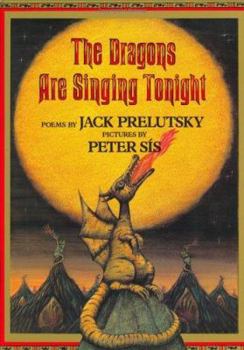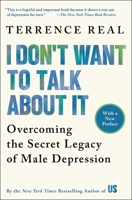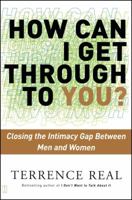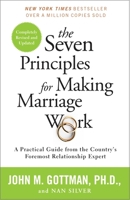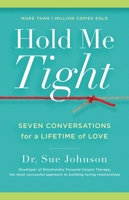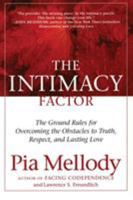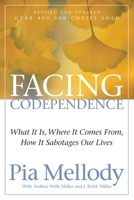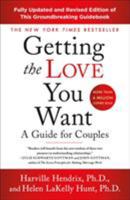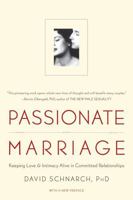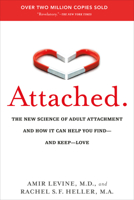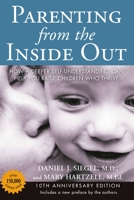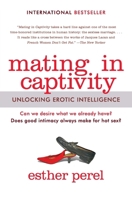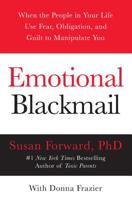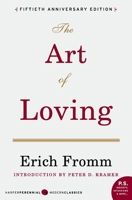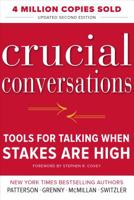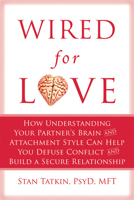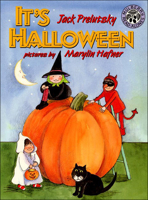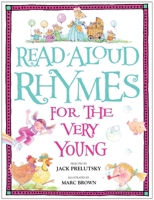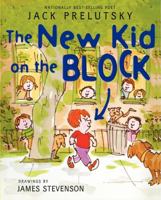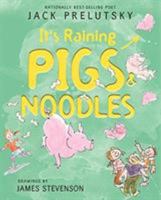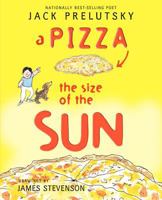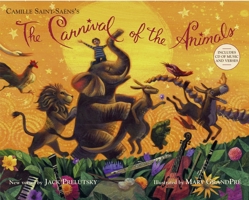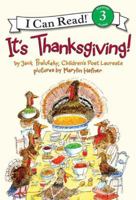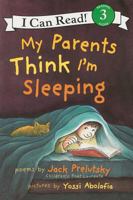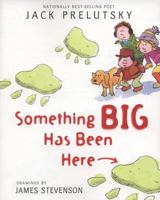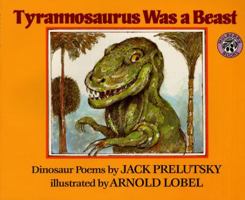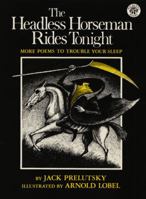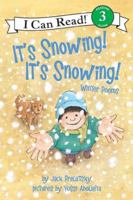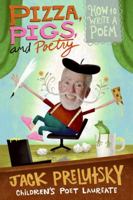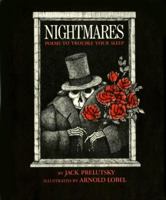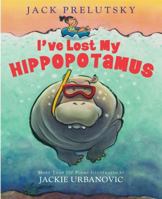The Dragons Are Singing Tonight
Select Format
Select Condition 
You Might Also Enjoy
Book Overview
From beloved children's poet Jack Prelutsky and acclaimed illustrator Peter Sis comes a fierce, fanciful series of poems all about dragons: dragons fierce and dragons friendly; dragons' lairs and dragons' eggs; even a menacing dragon living inside a computer--all spring to life in these enchanting poems and paintings.
"Prelutsky and Sis bring to life so many sorts of dragons: the large, the small, the ferocious, the technological, the gentle, the ominous, and the disconsolate. There's a just right' quality to the verse that makes it a pleasure to read the words aloud. Because it appeals on so many levels, this is one poetry book that won't sit on the shelf for long."--Booklist.
This New York Times Notable Book of the Year is a wonderful introduction to the pleasures of poetry and word play from a master of the genre, Jack Prelutsky.
Customer Reviews
Rated 5 starsWonderful Book For Children & Adults!
This is absolutely the BEST collection of stories for children. The illustrations are numerous, colorful, and splendid. The stories are truly ones that "never grow old" and are of great interest to both the child being read to and the adult who is doing the reading. I received this book as a child, have read it to my three sons as they grew up, and am now reading it to my six grandchildren - all of whom have enjoyed it immensely!...
0Report
Rated 5 starsStories That Never Grow Old
A classic children's book that no child should grow up without. Pictures are colorful and stories well told - short enough to hold a child's interest but not long enough to make the child or the adult squirm. It was one of my favorites growing up in the 50's and again as I read it to my children in the 70's. This book is a wonderful gift from a favorite Aunt.
0Report
Rated 5 stars30 Years a Favorite
I recieved this book when I was 1-1/2 years old, and it was one of the first books I learned to read. Ever since then, it has remained one of my favorites, even into adulthood.The illustrations are some of the best I've ever seen in a book, and the stories are exactly as the title says, they never grow old, stories such as "The Ugly Duckling", "The Bremen Town Musicians" and "Billy Goat Gruff". (There are 15 stories...
0Report











